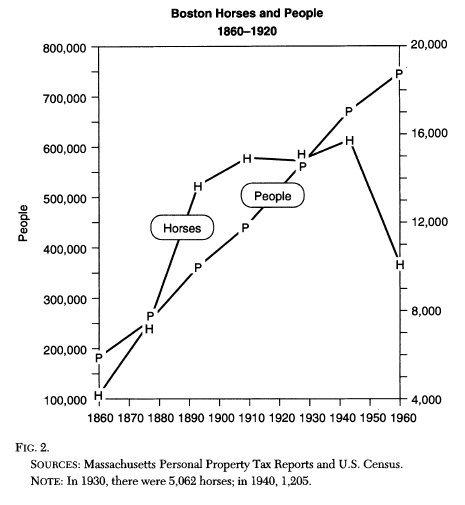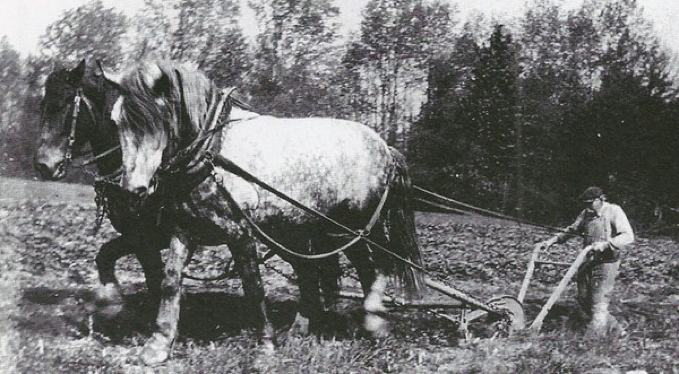
THREAD on the economic limits of antebellum slavery. A ton of important scholarship, recent and older, has shown that enslavement could be very profitable to enslavers. Yet there’s no doubt the South as a region developed more slowly & stayed poorer than other US regions. Why? 1/
Here I want to gather some thoughts and put them out for critical engagement. Probably everything here has been said before but either not together or not in a long time. 2/
The first thing is that enslaving people entails suppressing their consumption. With more than a third of the population in chains, the South lacked domestic demand for the ordinary, inexpensive items that encouraged mass production techniques. 3/
W/o domestic demand, the South focused on export markets. This ensured continued specialization in ag commodities instead of higher-value manufacturing. US manufacturers could not compete in the early 19c w/British industry even at home, much less in world markets. 4/
To make an export-oriented economy developmental would’ve required massive gov involvement on the order of 20c East Asian dev states. That’s the last thing southern planters were interested in doing. 5/
(Though it has to be recognized that when the Civil War forced the master class’s hand, the state intervened forcibly and achieved rapid advances in manufacturing.)
Slavery not only suppressed consumption, it suppressed initiative, knowledge and capacity. Slave states forced the enslaved into widespread (but not universal) illiteracy and systematically underinvested in education even for whites. Immense stores of talent were buried. 6/
But suppression of material and intellectual standards of living was never enough. Slavery had to be enforced with violence. The private and social overhead costs of turning an entire region into an armed prison camp were high. Really this was the root of all of the above. 7/
Each of these factors had knock-on effects. For instance, domestic consumption suppression, export orientation, and ag specialization inhibited growth of southern cities and a local entrepreneurial class interested in going beyond the major planter commodities. 8/
At the same time, urban growth was also hindered by the well known difficulties of enforcing slavery in urban settings. Frederick Douglass and Anthony Burns learned to read in cities and became more motivated and able to escape as a result. 9/
I think all of these are genuine and important reasons why the antebellum southern economy faced real developmental limits. But it didn’t necessarily look like it at the time because with more land “available,” the profitable plantation complex was expanding. 10/
It is often said that the highest concentration of millionaires in America in the 1850s was in Natchez, MS, a town few could locate on a map today. But this wealth, while very real in one respect, was quite illusory in another. 11/
Enslavement was the capitalization of labor. It generated new financial instruments but not any more laboring capacity. Slavery added massively to southern wealth, relative to the North, but not a whit to its production potential. 12/
On the contrary, it minimized it by foreclosing new developmental directions grounded in broad-based social needs. Tho northern capitalism was also deeply flawed, & equally predicated on land dispossession, it was far better at generating per-capita gains & wide distribution. fin
• • •
Missing some Tweet in this thread? You can try to
force a refresh





